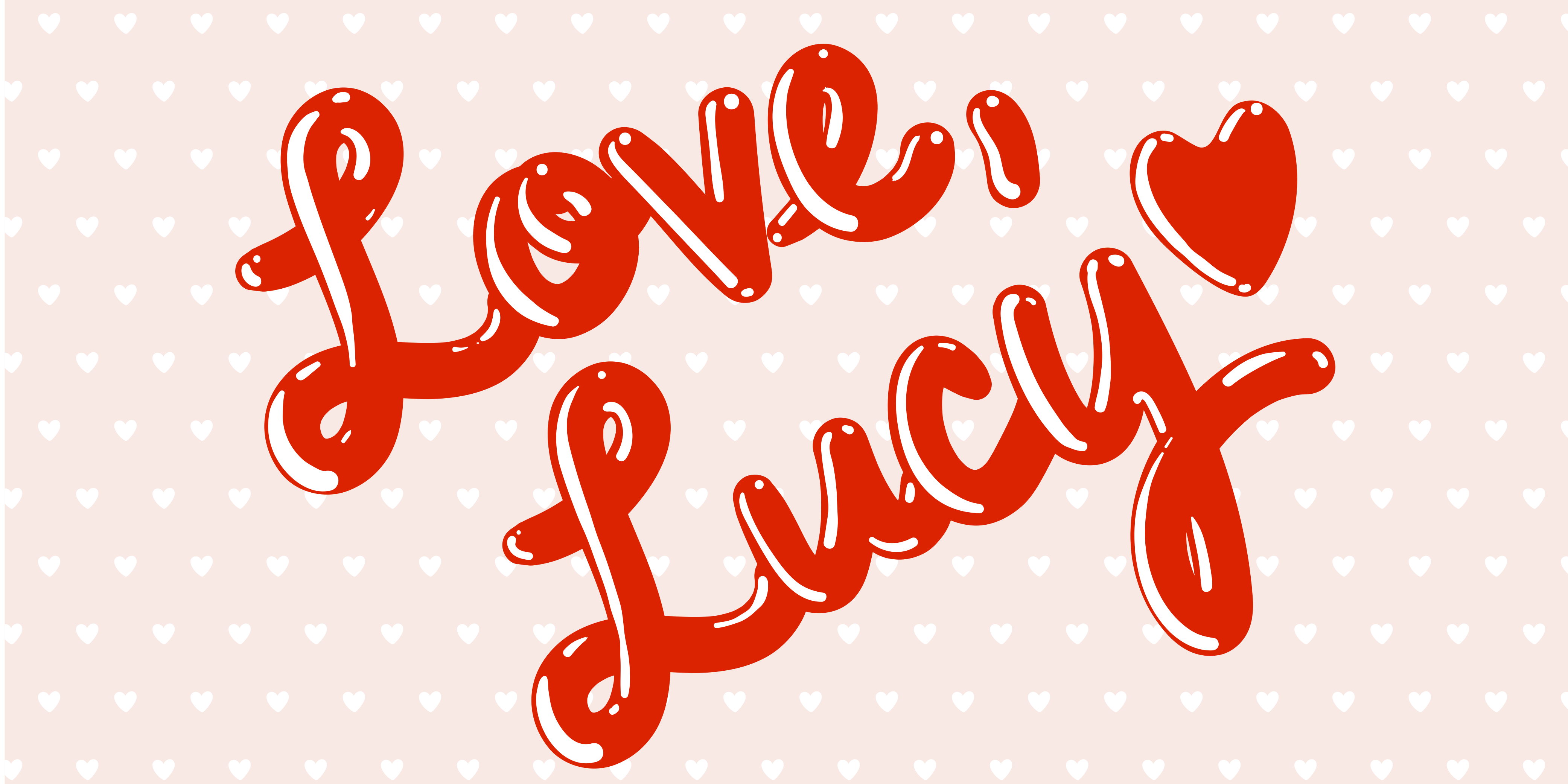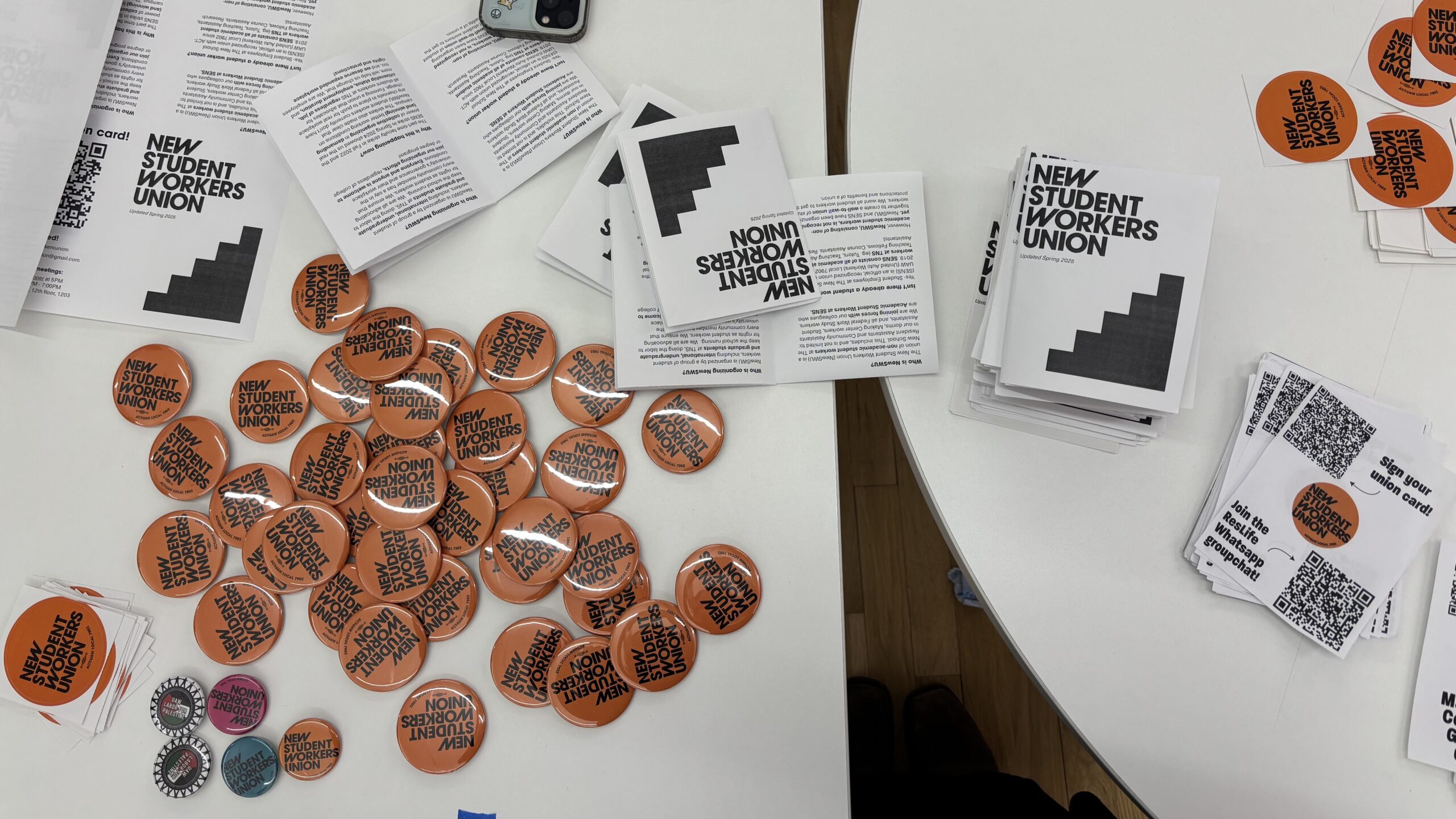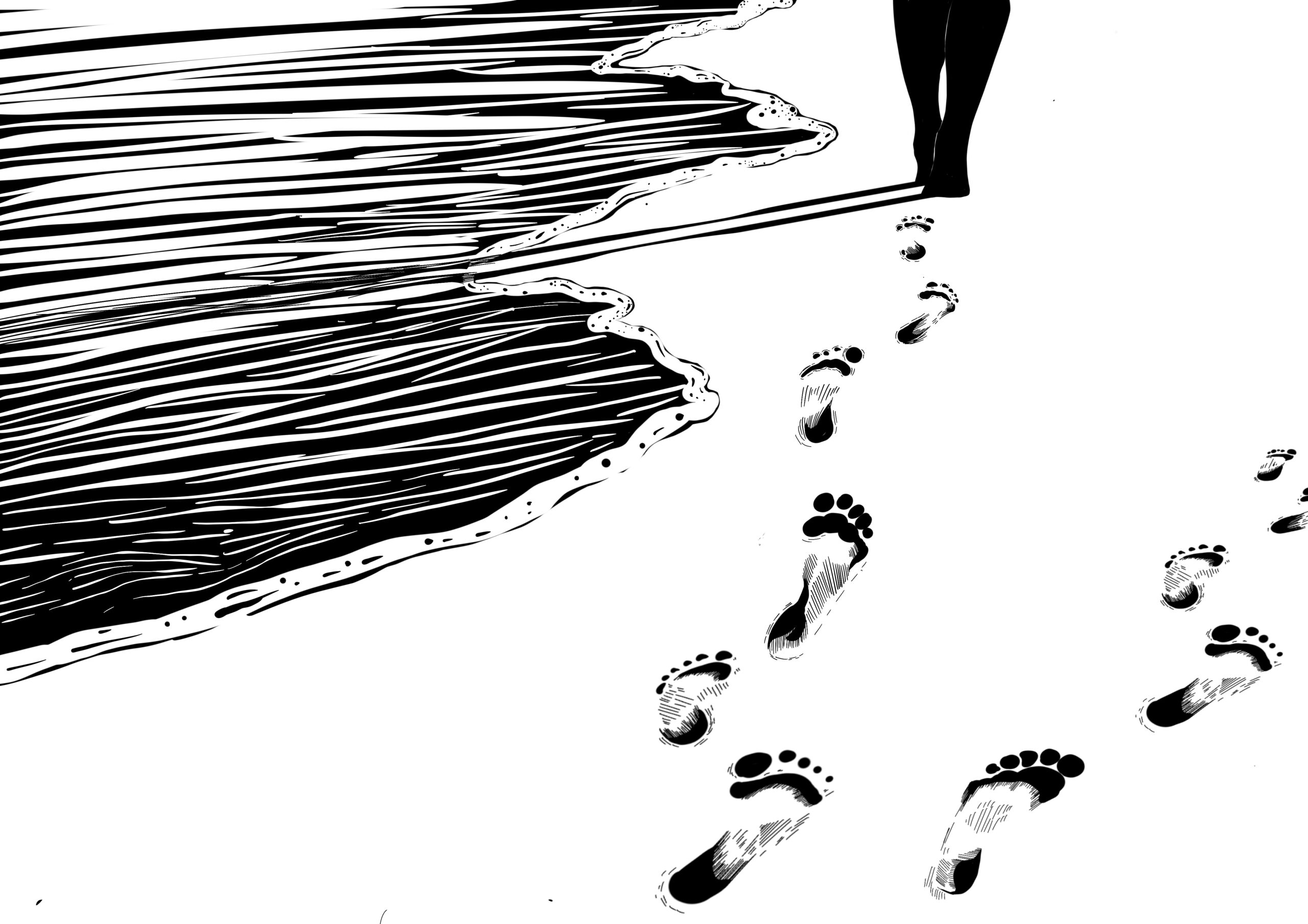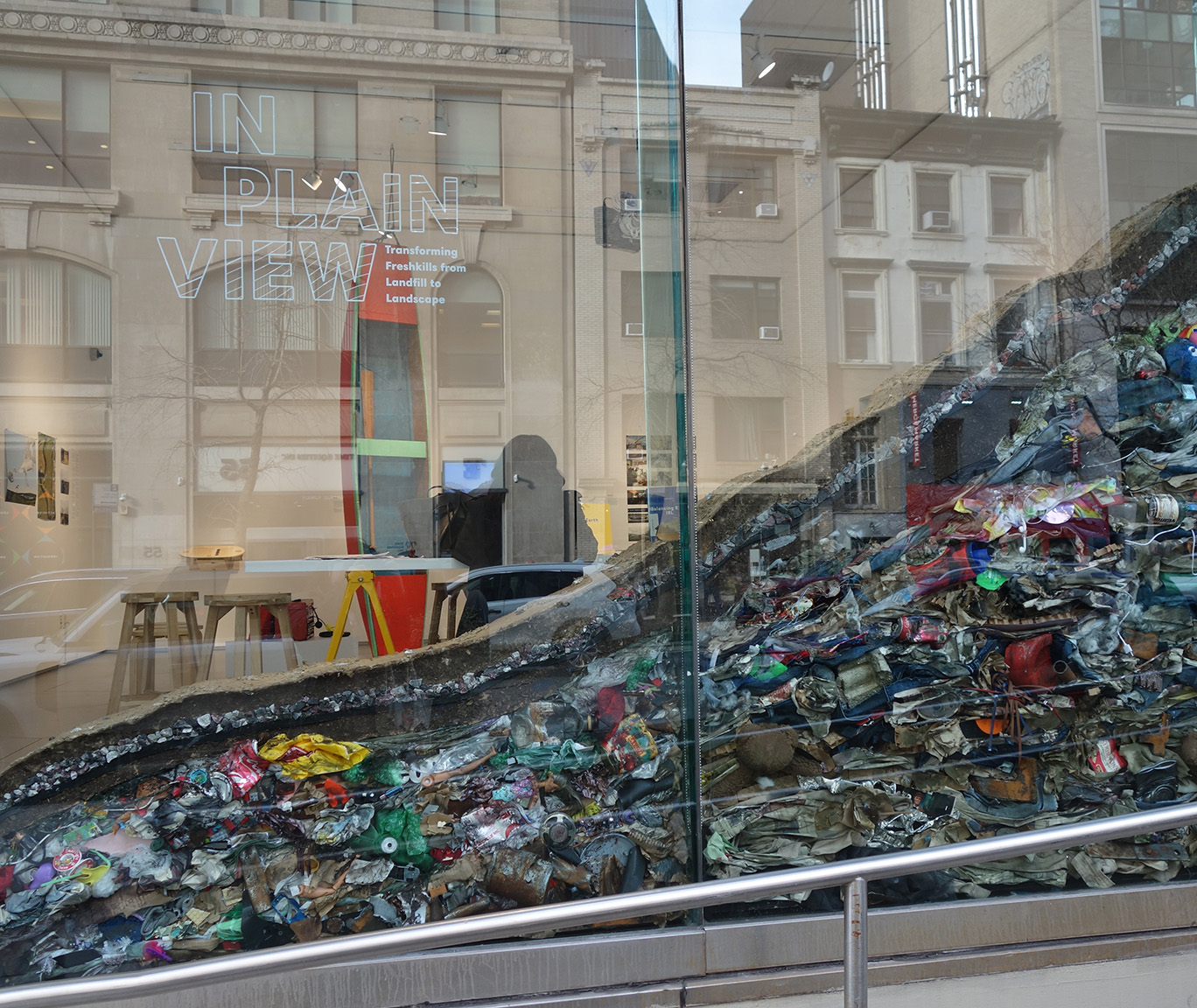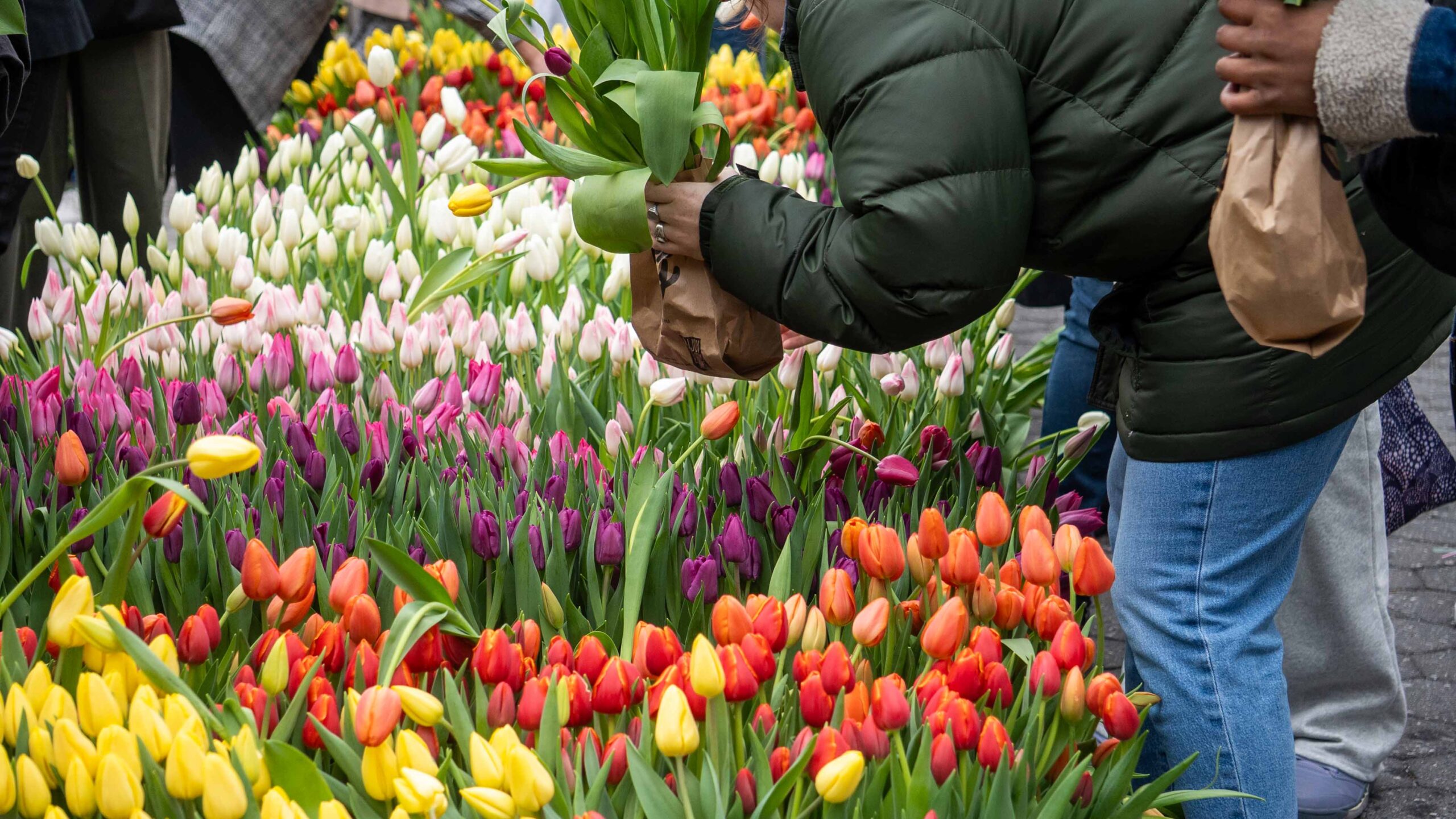Love, Lucy is the New School Free Press’ weekly advice column, where editors share thoughtfully researched solutions to questions about love and life. Send submissions via email to nsfplovelucy@gmail.com or through Love, Lucy’s official GoogleForm.
What should I do if I feel like my friend is in an abusive relationship?
Because I am sure you care immensely about your friend, your suspicion that they are suffering in an abusive relationship is probably stressing you out or giving you anxiety, as well—otherwise, you wouldn’t be looking for ways in which to help navigate them through such an intense circumstance.
Helping someone in an abusive relationship is not easy. DayOne, a Manhattan-based anti-domestic violence and dating abuse organization that serves young people under the age of 24, offers some guidelines to tell if your concerns may be warranted. Signs to look out for: Your friend is constantly apologizing for their partner’s behavior; is constantly concerned about upsetting their partner; has stopped engaging in the activities that make them happy; tries to avoid spending time with you and other friends frequently; and/or tries to hide injuries and bruises.
Considering this, your first steps in approaching this situation are dealing with your own assumptions and concerns. Ensure that you abandon any judgement that you may have about your friend staying in the relationship so you can be a patient, available, and supportive confidant that your friend can depend on.
Refrain from getting frustrated with the time that your friend might take to leave the relationship, says DayOne’s executive director Stephanie Nilva. She explains that getting frustrated and setting ultimatums for friends suffering from abuse are two major mistakes to avoid.
Educate yourself on the various ways you can be supportive without isolating your friend. Your friend might be just as shocked at their situation as you are. “When you’re in this kind of relationship, you’re as surprised as your best friend would be,” comedic writer Julieanne Smolinski explains in a New York Magazine article about her personal experience with abuse. If you are looking for another trusted resource on how to approach your friend or anyone else in this type of situation, the National Domestic Violence Hotline’s online blog offers a detailed guide of how to approach a friend who is either being abused or is the abuser.
“Isolation is a form of abuse,” says Nilva. “It is an abusive tactic to try to reduce a partner’s support on other people in their lives, whether that’s family or friends or community groups, and without support, the less likely it is that they will try to become more safe.”
Additionally, creating a safety plan is an essential step of recovering from the relationship that you can aid in.
Officer Randy White, an abuse expert for the Oakland Police Department’s Domestic Violence Unit who also with the city’s Family Justice Center, wrote a detailed guide on creating such plans in 2010. Although the article is mainly targeted towards helping women suffering from abuse, Officer White’s advice can be applied to any individual, regardless of gender or orientation.
“Each situation can be different and nuanced,” says Tracy Robin, the assistant vice president of The New School’s student health and support services. Guide your friend through the intimate partner violence, dating violence, and domestic violence online resources that the university offers as a starting point. “Sometimes it’s best to create a plan to help a friend that is specific for that particular person.”
If your friend is fearful or otherwise unwilling to seek professional help, you can personally consider attending the Sex-E Collective’s “Sexualitea,” located in the Student Health Services office on the 3rd floor of 80 Fifth Avenue every month on the first and third Wednesday from 11am until noon. The meeting acts as a safe space for New School students to voice questions and experiences relating to sex, sexual health, relationships, and more in a shame-free and inclusive environment.
“It’s important to understand that people leave relationships several times before completely ending that journey. Abandoning a friend because you’re frustrated with their risk level serves the opposite of what you’re trying to achieve,” Nilva says. “It’s difficult to end relationships. Ending those relationships is a period that is most dangerous. [Your friend] could be putting themselves in more risk by leaving… so if you’re trying to support a friend, you must respect the choices that that person is making.”
Illustration by Alex Gilbeaux.

